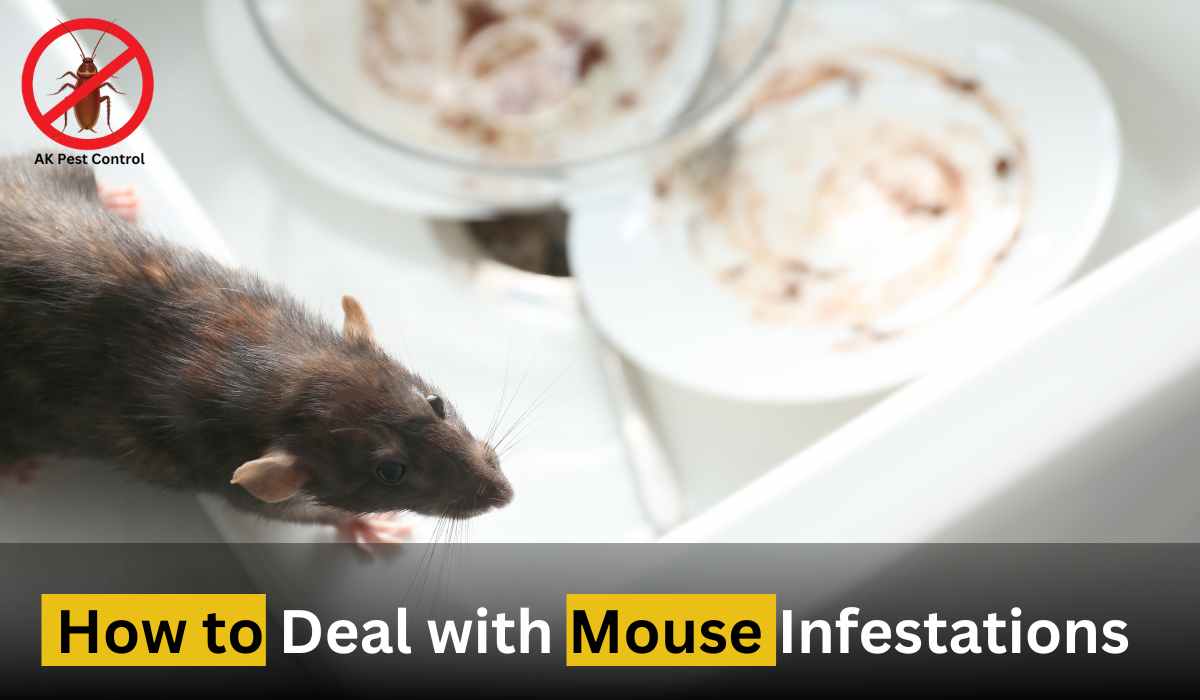Mice, scientifically known as Mus musculus, are common household pests that can be a source of great distress. They come in various colors, ranging from white to light brown, dark brown, silver, gray, or black, and typically measure between 5 to 7 inches in length with a round body shape. With a life span of 2 to 5 years, these critters can quickly multiply if not dealt with promptly. In this comprehensive guide, we will explore effective methods to deal with mouse infestations. From humane solutions like live traps to more lethal options such as glue boards and rodenticide bait stations, we’ve got you covered.
Contents
Understanding the Mouse Problem
Before diving into solutions, it’s essential to understand the extent of your mouse infestation. Mice are not only a nuisance but also carriers of diseases. They can contaminate your food, chew through wires, and create unsightly droppings. The first step is to identify the signs of an infestation, such as droppings, chewed items, or strange noises at night.
Prevention is Key
Preventing a mouse infestation is often more straightforward than dealing with one. Seal all entry points into your home, including gaps around doors and windows, vents, and holes in your walls. Keep food stored in airtight containers, and regularly clean up crumbs and spills. Maintaining a tidy home can go a long way in deterring mice.
Humane Traps
For those who prefer a more humane approach, live traps are an excellent choice. These traps allow you to capture the mice without causing harm. Once caught, you can release them safely into the wild, far from your home. It’s essential to check these traps regularly to avoid unnecessary suffering.
Glue Boards
Glue boards are another option for dealing with mice. These are adhesive traps that mice get stuck to when they walk over them. While not the most humane method, they are highly effective. Be sure to check these traps regularly and dispose of the captured mice quickly.
Secured and Locked Rodenticide Bait Stations
If your mouse infestation is severe, you might need to resort to rodenticide bait stations. These stations contain poison that, when ingested by the mice, is lethal. However, this method should be used with caution, especially in homes with pets or small children. Always ensure the bait stations are secured and locked to prevent accidental access.
Conclusion
Dealing with a mouse infestation can be a daunting task, but it’s essential to address the issue promptly to prevent further problems. Whether you choose a humane approach with live traps, opt for the effectiveness of glue boards, or resort to secured and locked rodenticide bait stations, taking action is crucial. Remember that prevention is key, and maintaining a clean and tidy home can significantly reduce the risk of future infestations.
FAQs
Are mice dangerous to humans?
Yes, mice can transmit diseases through their droppings and urine, making them a potential health hazard.
How can I prevent a mouse infestation?
To prevent a mouse infestation, seal entry points, keep food stored securely, and maintain good hygiene in your home.
Are glue boards humane?
Glue boards are effective but not the most humane method, as they can cause suffering to captured mice.
Are rodenticide bait stations safe for homes with pets?
Rodenticide bait stations should be used with caution in homes with pets, as the poison can be harmful to them. Ensure the stations are secured and locked.
How often should I check traps and bait stations?
It’s essential to check traps and bait stations regularly to prevent the buildup of dead mice and ensure the effectiveness of your chosen method.

